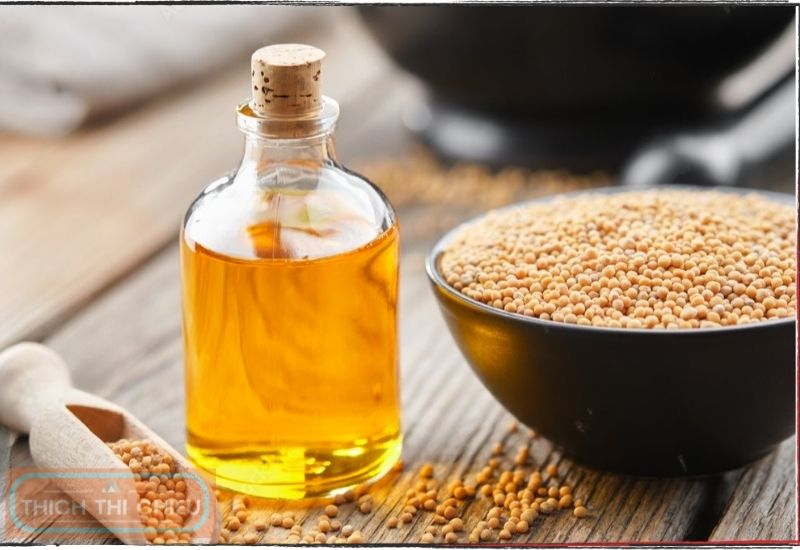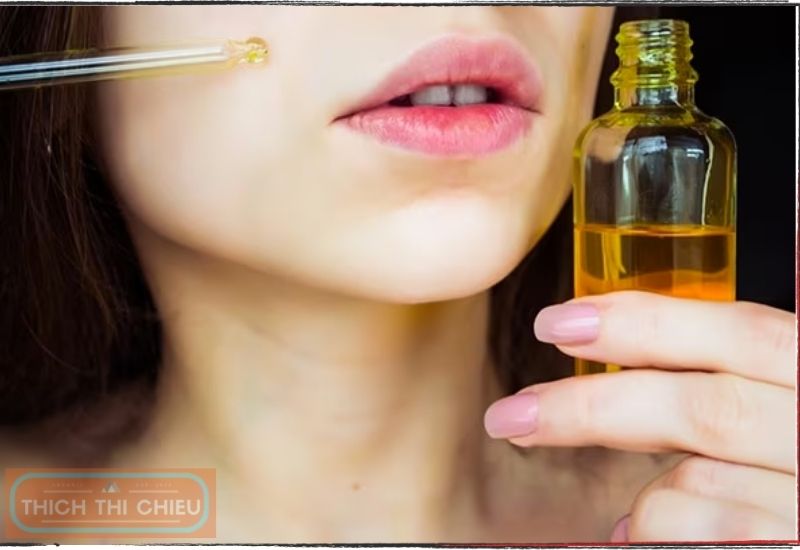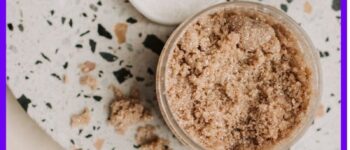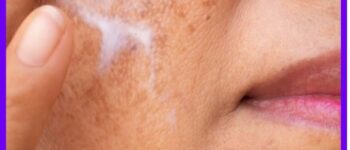Acne is a common skin condition that affects people of all ages. It is caused by a combination of factors, including excess oil production, clogged pores, and bacteria. There are many different types of acne, but the most common types are blackheads, whiteheads, pimples, and cysts.
What are the causes of acne?
- Excess oil production: The sebaceous glands in the skin produce an oily substance called sebum. Sebum helps to protect and moisturize the skin, but too much sebum can lead to acne.
- Clogged pores: When sebum and dead skin cells mix together, they can form plugs in the pores. These plugs can cause whiteheads and blackheads.
- Bacteria: Bacteria can grow in clogged pores and cause inflammation. This inflammation can lead to pimples and cysts.
What are the different types of acne?
- Blackheads: Blackheads are small, black bumps on the skin. They are caused by sebum and dead skin cells that become trapped in the pores.
- Whiteheads: Whiteheads are small, white bumps on the skin. They are caused by sebum and dead skin cells that become trapped under the surface of the skin.
- Pimples: Pimples are red, inflamed bumps on the skin. They are caused by bacteria that grow in clogged pores.
- Cysts: Cysts are large, painful bumps on the skin. They are caused by sebum and dead skin cells that become trapped deep under the surface of the skin.
What are the different treatments available for acne?
There are many different treatments available for acne, depending on the severity of the condition. Some common treatments include:
- Over-the-counter medications: Over-the-counter medications, such as benzoyl peroxide and salicylic acid, can help to kill bacteria and reduce inflammation.
- Prescription medications: Prescription medications, such as antibiotics and retinoids, can be used to treat more severe acne.
- Isotretinoin: Isotretinoin is a powerful medication that can be used to treat severe acne that does not respond to other treatments.
What is sesame oil?
Sesame oil is a natural oil that has been used for centuries to treat a variety of skin conditions, including acne. Sesame oil is non-comedogenic, which means that it does not clog pores. It is also rich in antioxidants and anti-inflammatory compounds.
What are the benefits of sesame oil for acne?
- Reduces inflammation: Sesame oil can help to reduce inflammation, which is one of the main causes of acne.
- Kills bacteria: Sesame oil can help to kill bacteria, which can also help to prevent and treat acne breakouts.
- Moisturizes the skin: Sesame oil can help to moisturize the skin without clogging pores. This is important for people with acne, as dry skin can make acne worse.
I recommend reading this article to learn more about the benefits of sesame oil for acne and how to use it safely and effectively.
How does sesame oil help treat acne?
Sesame oil helps treat acne in a number of ways.
- Reduces inflammation: Inflammation is one of the main causes of acne. Sesame oil contains anti-inflammatory compounds that can help to reduce inflammation and redness associated with acne.
- Kills bacteria: Sesame oil also has antibacterial properties. This means that it can kill the bacteria that cause acne breakouts.
- Moisturizes the skin: Sesame oil is a non-comedogenic oil, which means that it does not clog pores. It is also a good moisturizer. This is important for people with acne, as dry skin can make acne worse.
How to use sesame oil for acne
Here are some ways to use sesame oil for acne:
Apply it directly to the skin:
- Wash your face with a gentle cleanser and pat it dry.
- Apply a small amount of sesame oil to the affected area.
- Massage the oil into your skin gently.
- Leave the oil on overnight or for at least 30 minutes before rinsing it off with warm water.
Make a face mask:
- Mix equal parts sesame oil and honey.
- Apply the mask to your face and leave it on for 15-20 minutes.
- Rinse the mask off with warm water.
Add it to your regular skincare routine:
- Add a few drops of sesame oil to your moisturizer or cleanser.
- Apply the mixture to your face as usual.
You can use sesame oil once or twice a day. It is important to be patient and consistent with your treatment to see results.
Here are some additional tips for using sesame oil for acne:
- Do a patch test on a small area of skin before using sesame oil on your face. This is to check for any allergic reactions.
- If you have oily skin, use a small amount of sesame oil.
- If you have dry skin, you can use more sesame oil.
- Apply sesame oil to clean, dry skin.
- Wash your hands thoroughly before and after applying sesame oil.
If you experience any side effects, such as redness, itching, or burning, stop using sesame oil and consult with a dermatologist.
Sesame oil is a safe and effective natural remedy for acne. It is important to use it consistently to see results.
Sesame oil and acne scars
Sesame oil may also be helpful for reducing the appearance of acne scars. Acne scars are caused by the breakdown of collagen in the skin. Sesame oil contains antioxidants that can help to protect collagen from damage.
Sesame oil may also help to promote healing and reduce inflammation. This can help to reduce the appearance of acne scars over time.
To use sesame oil for acne scars, you can apply a small amount of oil to the affected area and massage it in gently. You can do this once or twice a day.
You can also make a face mask by mixing equal parts sesame oil and honey. Apply the mask to your face and leave it on for 15-20 minutes. Rinse the mask off with warm water.
It is important to note that sesame oil may not be effective for all types of acne scars. If you have severe acne scars, you may want to consult with a dermatologist about other treatment options.
Here are some additional tips for using sesame oil for acne scars:
- Be patient and consistent with your treatment. It may take several weeks or months to see results.
- Use a sunscreen with an SPF of 30 or higher every day to protect your skin from the sun. Sun exposure can make acne scars worse.
- Avoid picking at your acne scars. This can damage the skin further and make the scars more difficult to treat.
If you have any concerns, please consult with a dermatologist before using sesame oil to treat acne scars.
Side effects of using sesame oil for acne
Sesame oil is generally safe to use for acne. However, some people may experience side effects, such as:
- Skin irritation: Sesame oil can cause skin irritation in some people. This is especially true if you have sensitive skin.
- Breakouts: Sesame oil can also cause breakouts in some people. This is because sesame oil is a comedogenic oil, which means that it can clog pores.
- Allergic reaction: Sesame oil can also cause an allergic reaction in some people. The symptoms of an allergic reaction can include hives, swelling, and difficulty breathing.
If you experience any side effects from using sesame oil, stop using it and consult with a dermatologist.
Here are some tips to reduce the risk of side effects from using sesame oil for acne:
- Do a patch test on a small area of skin before using sesame oil on your face.
- If you have sensitive skin, start with a small amount of sesame oil and increase the amount gradually over time.
- If you are prone to breakouts, use sesame oil sparingly and avoid applying it to areas of your skin that are prone to breakouts.
- If you experience any signs of an allergic reaction, stop using sesame oil and seek medical attention immediately.
Sesame oil is generally a safe and effective natural remedy for acne. However, it is important to be aware of the potential side effects and to take precautions to reduce your risk of experiencing them.
Other natural remedies for acne
In addition to sesame oil, there are a number of other natural remedies that may be helpful for treating acne. Some of these remedies include:
- Tea tree oil: Tea tree oil has antibacterial and anti-inflammatory properties. It can be applied directly to the skin or added to a moisturizer or cleanser.
- Aloe vera: Aloe vera has soothing and healing properties. It can be applied directly to the skin or added to a moisturizer or cleanser.
- Green tea: Green tea contains antioxidants that can help to reduce inflammation and protect the skin from damage. You can drink green tea or apply it to the skin directly.
- Honey: Honey has antibacterial and anti-inflammatory properties. It can be applied directly to the skin or added to a face mask.
- Zinc: Zinc is a mineral that is important for skin health. Taking zinc supplements may help to reduce acne breakouts.
It is important to note that natural remedies are not a cure for acne. However, they may be helpful for reducing the severity of acne breakouts and improving the overall appearance of the skin.
Conclusion
Summary of the main points:
- Sesame oil is a natural oil that has been used for centuries to treat acne.
- Sesame oil has anti-inflammatory, antibacterial, and moisturizing properties.
- Sesame oil may also be helpful for reducing the appearance of acne scars.
- Sesame oil is generally safe to use for acne, but some people may experience side effects, such as skin irritation, breakouts, or an allergic reaction.
Recommendations for people with acne:
- If you have acne, you may want to try using sesame oil to treat it. You can apply sesame oil directly to the skin, make a face mask, or add it to your regular skincare routine.
- Be sure to do a patch test on a small area of skin before using sesame oil on your face.
- If you experience any side effects, stop using sesame oil and consult with a dermatologist.
- There are a number of other natural remedies that may also be helpful for treating acne, such as tea tree oil, aloe vera, green tea, honey, and zinc.
- If you have any concerns, please consult with a dermatologist before using any natural remedies to treat acne.
Additional tips:
- Be patient and consistent with your treatment. It may take several weeks or months to see results.
- Use a sunscreen with an SPF of 30 or higher every day to protect your skin from the sun. Sun exposure can make acne worse.
- Avoid picking at your acne. This can damage the skin further and make the acne worse.
I hope this information is helpful.






Leave a Reply